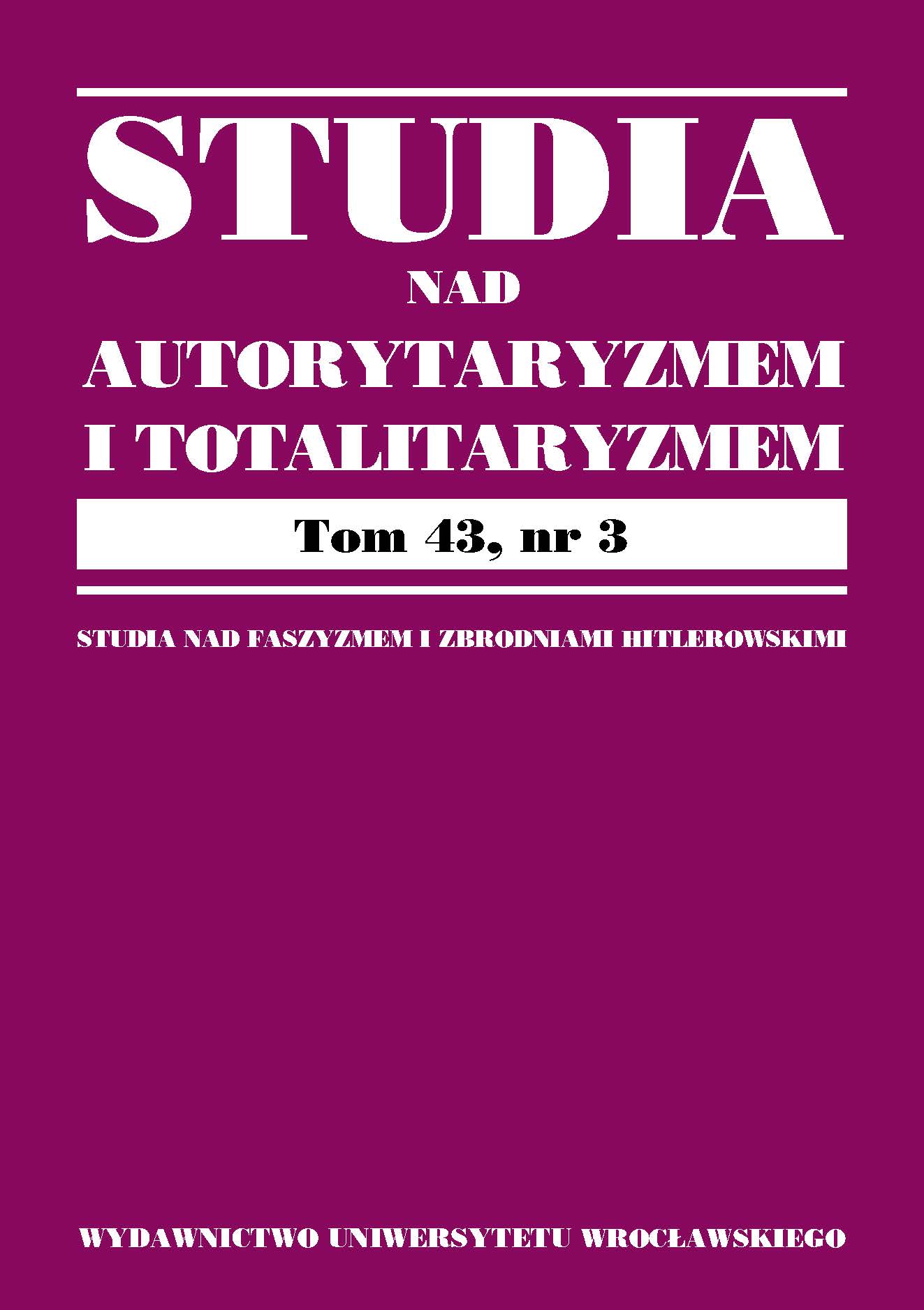

Articles

There is no single, universal model for the protection of democracy that sets limits on freedom and tolerance in liberal democracies. In response to political extremism, states apply various measures — from highly repressive ones, such as restrictions on freedom of speech or association, to more liberal ones based on persuasive strategies. Which instruments are adopted and implemented depends on the decisions of public actors. This article deals with the ban on assembly, which is a repressive instrument of democracy protection. Basing on the analysis of selected assembly bans cases, the aim is first to determine which model of democracy protection is closer to the solutions adopted in Poland — militant or procedural democracy, and second to indicate why such solutions were adopted. More precisely, by means of an ideational perspective, the aim is to explain the different positions taken by public actors in the process of implementing the assembly ban. The article uses the method of qualitative content analysis of legal acts and decisions made by public authorities regarding holding assemblies. By means of a purposeful case selection, the analysis was carried out on the assembly bans against extreme right-wing groups in Warsaw and Wrocław. The research has shown that the legal norms adopted in Poland allow the application of assembly bans in accordance with the concept of militant democracy. However, the implementation shows a different approach of public actors in this matter. Municipalities are closer to the model of a militant democracy, as they allow a preventive ban on assembly as an instrument of public order protection in relation to freedom of speech infringements. In doing so, they do not maintain neutrality towards the views public discourse participants. The courts, on the other hand, exclude the subject of assemblies as a basis for their preventive restriction, the premises of the ban being violence or a direct threat to life, health and property. Their position is thus closer to the procedural model of protecting democracy. The adopted ideational perspective points to possible reasons for the different positions of public actors. Their attitude to values which are crucial for the protection of democracy shows differences. This applies, among others, to the different weight ascribed to particular democratic values, the different perception of threats to the society and the democratic state, and the divergence in defining the thresholds of freedom and tolerance.
∗ Artykuł powstał w wyniku realizacji projektu badawczego UMO-2014/15/D/HS5/03272 finansowanego ze środków Narodowego Centrum Nauki. Wyrazy podziękowania kieruję do recenzentów za bardzo wnikliwe i inspirujące komentarze.